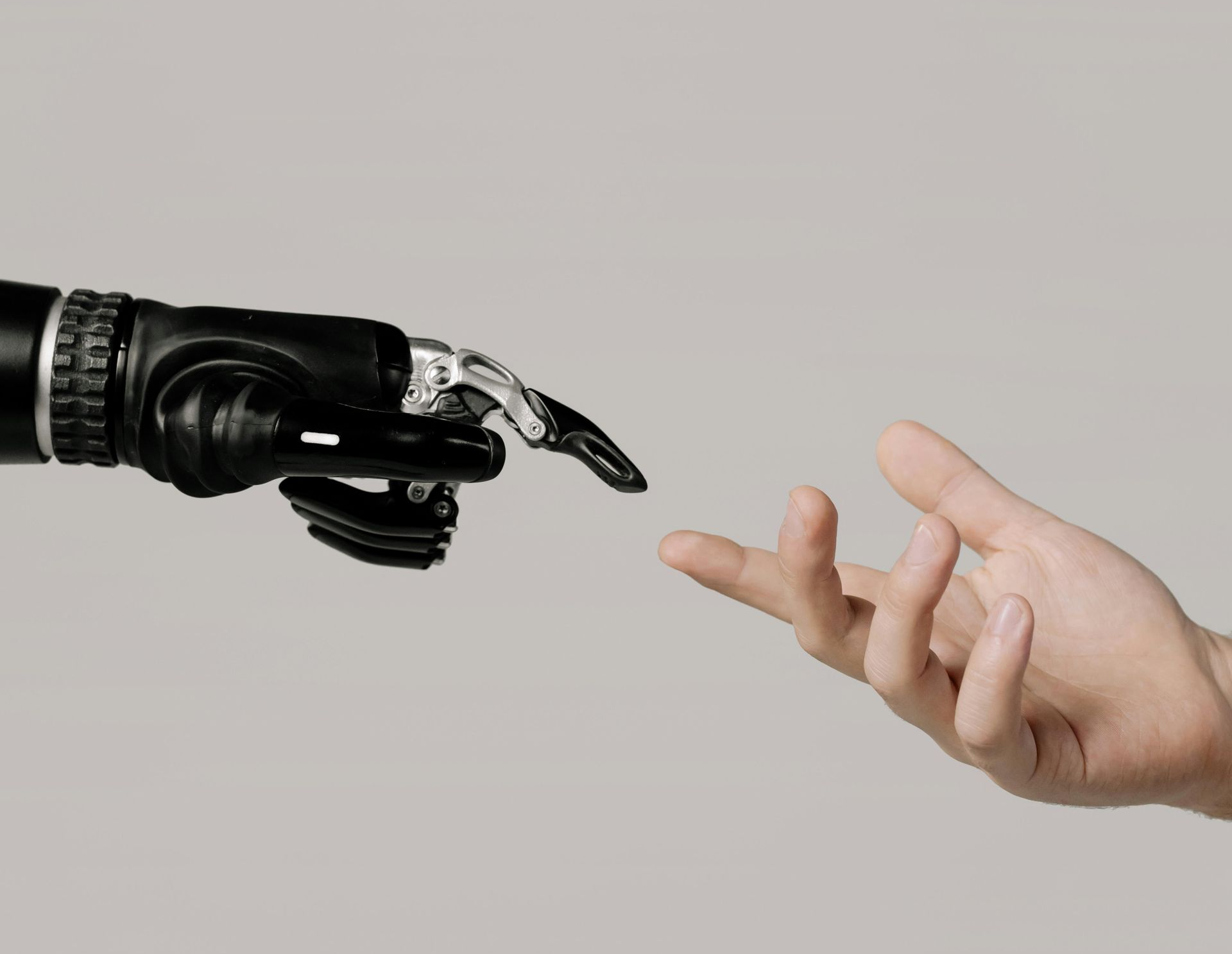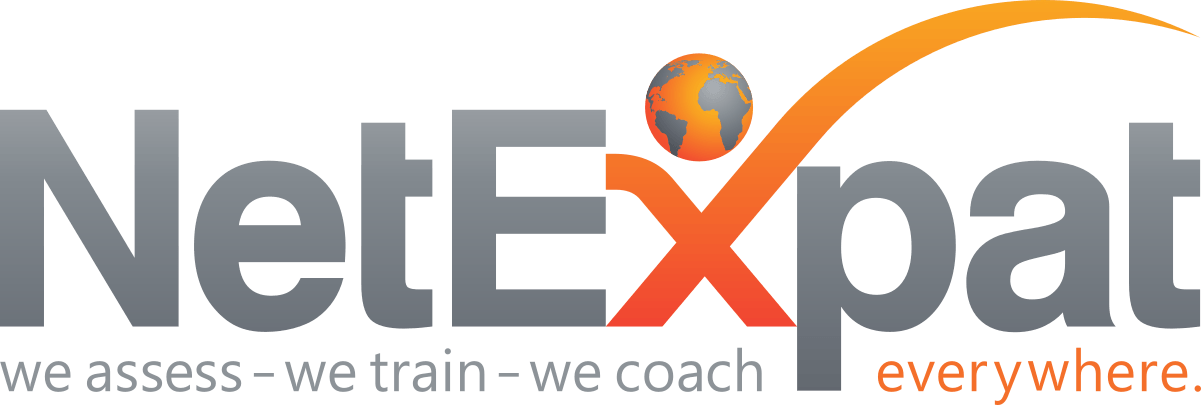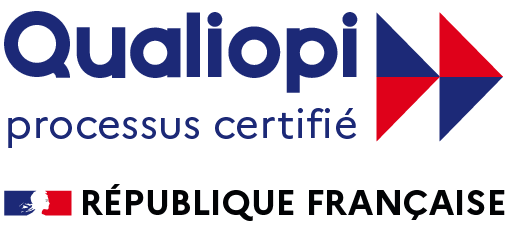Balancing AI & Human Expertise to Elevate Talent Management & Mobility
Artificial intelligence (AI) is revolutionizing talent management and mobility, making some administrative processes faster and more efficient. As businesses look to AI-driven tools to streamline everything from visa applications to predictive mobility analytics—they hope to control costs and ease the burden on internal talent mobility teams and mobile employees alike. But can technology alone accomplish all of that?
While AI excels at automation and generating data-driven insights, the human touch is still essential for fostering positive experiences among employees and the businesses that employ them. Personalized coaching, relationship-building, and cultural adaptation are all areas where human empathy, intuition and expertise far surpass automated systems. As organizations embrace AI to optimize talent management and global mobility, finding the right balance between technology and human connection will be key to their success.
Integrating AI & Human Insight: The key to smarter talent management
For AI to drive improvements in talent management and mobility, businesses need to see it as more than a siloed solution. From recruiting top talent to coordinating international moves, real success depends on balancing AI’s automated capabilities with the nuanced understanding and insights that only people provide. Below are just a few examples that demonstrate this balance, specific to talent management and mobility. There are opportunities for balance at every stage of both talent management and mobility lifespans.
Differences in Cultural Communication Styles
-
Candidate Suitability AssessmentsList Item 1
Where AI can be Helpful:
AI-powered algorithms can analyze an employee’s skills, adaptability, and historical performance to determine their readiness for international assignments — considering external data like economic trends and visa policies to predict success rates.
Where Humans are Needed:
AI can assess qualifications, but managers and internal mobility and talent management teams need to weigh in on all the things AI can’t “see.” By having deeper discussions about candidates’ career aspirations, individual and family circumstances, intercultural agility, and readiness for relocation (economically, psychologically, and logistically), human insight ensures the assessment process is ethical, thorough, and aligned with employee well-being.
-
Recruitment & Talent Matching
Where AI can be Helpful:
AI-driven platforms can analyze resumes, social media activity, and past job performance to identify ideal candidates quickly. Chatbots can also engage applicants, answer FAQs, and provide personalized job recommendations, reducing recruiter workload.
Where Humans are Needed:
AI can streamline candidate selection, but rigid keyword-based screening often overlooks strong candidates. Developers need to refine algorithms to assess context—like achievements, career pivots, and problem-solving—to avoid discounting high-potential applicants. Recruiters also remain essential for evaluating emotional intelligence, cultural fit, innovation potential, and aspirations. In short, human judgement is crucial to recognizing transferable skills and career promise beyond algorithmic criteria.
-
Predictive Analytics for Employee Mobility
Where AI can be Helpful:
AI can analyze employee data to predict who might be best suited for international assignments based on adaptability, previous relocation success, origin and host destination combinations, and engagement levels—helping internal teams proactively select the most promising candidates.
Where Humans are Needed:
AI relies on data patterns to assess suitability, but human experiences don’t always fit neatly into predefined models. Exceptional candidates may be overlooked if their career trajectory or adaptability isn’t reflected in historical trends, so it’s important for internal mobility teams to have direct discussions with candidates to determine cultural fit—and to spot exceptions and the human elements that AI can’t account for.
-
Automated Compliance & Financial Administration
Where AI can be Helpful:
When programmed mindfully, AI systems can assist with handling tax filings, benefits administration, and relocation expenses efficiently, ensuring compliance with global labor laws. This automation can reduce processing times and minimize human errors in financial calculations.
Where Humans are Needed: While AI can be a valuable tool in compliance and financial administration activities, legal experts and HR professionals are still a must when it comes to overseeing complex financial arrangements and tax laws that differ greatly across countries. Human oversight is required for interpreting regulations, negotiating expatriate benefits, interpreting cultural impacts, and recognizing and resolving safety issues—and compliance concerns and disputes.
-
AI-Enhanced Cultural Training & Assessments
Where AI can be Helpful:
AI-driven cultural assessments can be valuable tools when gauging an employee’s cross-cultural adaptability. Virtual reality (VR) simulations can also present employees with real-world scenarios, helping them practice communication and etiquette in new environments.
Where Humans are Needed: While utilizing an AI-driven cultural assessment tool is extremely helpful and saves time, intercultural trainers rely on an entire toolbox to effectively up-level an employee’s intercultural agility and prepare them for living in a new culture. In addition, assessment evaluations require the expertise of seasoned professionals who can contextualize findings, explore nuances, and tailor feedback to the individual’s background and assignment goals—something AI alone cannot fully achieve. For employees themselves cultural integration takes more than just acquiring theoretical knowledge; human-led coaching sessions provide personal insights, emotional intelligence training, and guidance on workplace norms, which are all critical for building trust, fostering empathy and navigating unspoken cultural biases and expectations.
Striking a Balance Between AI and Human Expertise
As the implications of AI in talent management and mobility continue to evolve, one thing remains constant: business stakeholders should always remember that algorithms alone don’t tell the full story. In short, AI technology is most effective when paired with human expertise—. And since human beings build and train it, it’s also only as effective as the strategy behind its use and the individuals that manage the technology and thoughtfully interpret the data. A balanced approach ensures efficiency, insightful and ethical real-time outcomes, and long-term business success.
For more information on how NetExpat can help your organization balance technology with human expertise, build cultural agility and elevate global talent strategies, contact us at
info@netexpat.com
Share this post
















